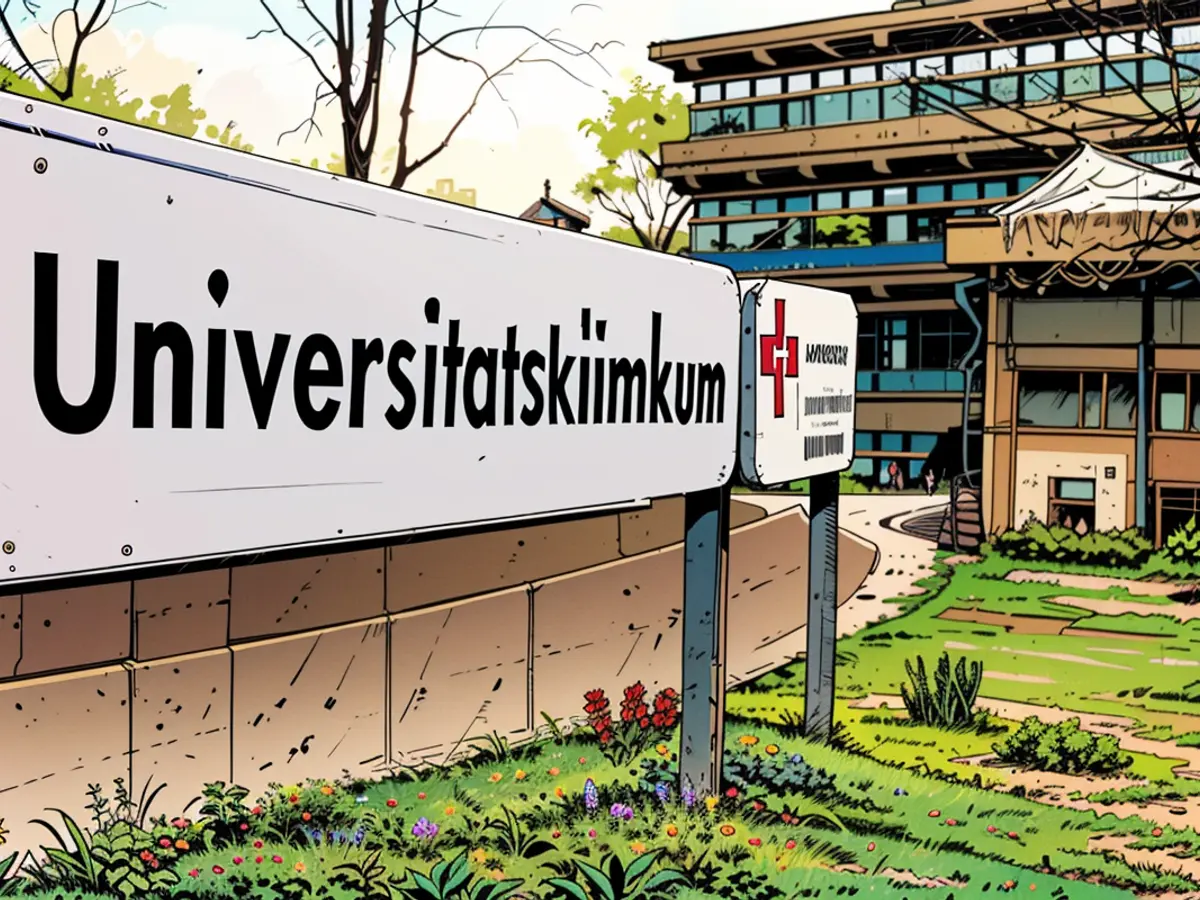- The debate on the association of clinics - Mannheimer OB: There is no plan B
Mannheim's Mayor Christian Specht has made it clear how crucial the merger of Heidelberg and Mannheim universities, blocked by the Federal Cartel Office, is for his city. "I don't want to think about what happens if the merger doesn't go through," the CDU politician told the "Rhein-Neckar-Zeitung" (Tuesday). "It would have massive impacts on the quality of medical care, medical training, and jobs in the region. There's no Plan B."
The entire budget, according to Specht, depends on how the merger progresses. "The state has agreed to cover a part of the expected 100 million euro loss next year, but that can't be a long-term solution."
After months of review, the Cartel Office recently stated that the expected disadvantages of such a merger, especially for patients, outweigh the potential benefits. Lack of competition between clinics is cited as a disadvantage.
Now, the state of Baden-Württemberg is hoping for a so-called ministerial permit from the Federal Ministry of Economics. The state is the sponsor of the Heidelberg site, while the city of Mannheim is the sponsor of the local university clinic. Both sides aim for a clinic merger to maintain the high-deficit Mannheim site.
"One cannot do justice to the topic by only looking at the regional market from an economic perspective," Specht told the newspaper. If the federal cabinet decides on this, other aspects will also play a role in his estimation. It's about an outstanding project for the German scientific landscape, said the mayor. "We must ensure that we do not harm medical care in the city. There are opportunities for new jobs in medical technology, innovative companies with new operating methods, AI-assisted processes, and renowned research both nationally and internationally."
The mayor's concerns extend beyond the local economy, as he stated, "One cannot do justice to the topic by only looking at the regional market from an economic perspective." The merger of Heidelberg and Mannheim universities, if approved, could contribute significantly to medical research, creating opportunities for new jobs in medical technology and AI-assisted processes. This, in turn, could significantly impact the overall health policy in the region.








